
The optimal time to take EAA
Essential amino acids (EAAs), as opposed to the more familiar branched-chain amino acids (BCAAs), provide a more complete profile of required nutrients, which is what

Share with:
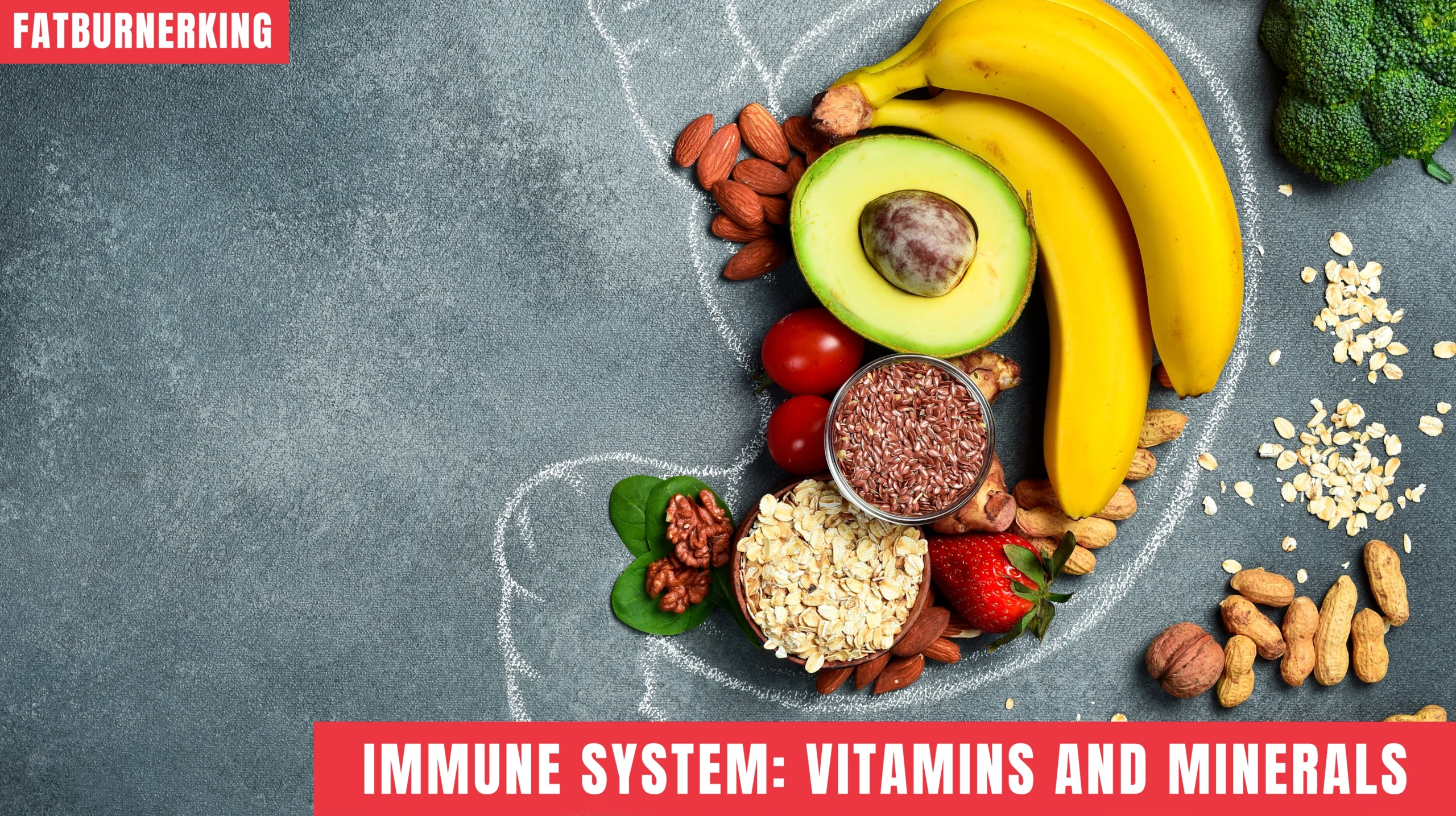
In a world full of pathogens and stressors, a strong immune system is our most important line of defense. The immune system consists of a complex network of cells and molecules that protect our body from harmful invaders. Vitamins and minerals play a crucial role in supporting and strengthening these defense mechanisms.
Vitamins such as C, A and D in particular are essential for our body's immune response by reducing inflammation and promoting the formation of immune cells. Minerals such as zinc and selenium also contribute significantly to immune function by providing antioxidant effects and supporting immunological processes.
The immune system is our body's central defense unit against all intruders and potential threats such as viruses, bacteria and fungi. As a complex network of cells and tissues, it continuously protects us from harmful microorganisms and rapidly changing environmental conditions. A strong immune system immediately recognizes pathogens, neutralizes them and prevents re-infection. It is particularly challenged in the cold season, as dry heating air and temperature fluctuations weaken the body's defenses and increase susceptibility to flu-like infections. A balanced diet with important vitamins, such as vitamin C and zinc, can make a significant contribution to supporting the immune system's performance and thus ensuring effective protection.
The immune system is a vital protective system that is able to continuously protect the body from harmful microorganisms. It is made up of a variety of components, including white blood cells, lymph nodes and specific antibodies. These work together synchronously to keep the organism healthy and resistant. The first barrier that pathogens encounter is the skin and mucous membranes, which act as physical boundaries and effectively fend off intruders. Nutrition also plays an essential role: a good supply of vitamins and minerals strengthens the body's natural defenses and improves the general immune response. The body's own defenses work efficiently and usually without external support, provided that the need for vitamins and minerals is constantly met. A healthy immune system is therefore fundamentally important for our well-being and our ability to survive in a world riddled with pathogens.
A strong immune system protects our body from flu-like infections, viruses and other pathogens. Vitamins play a central role in this. A balanced diet containing vitamins A, B, C, D and E is essential to support the immune system. These important vitamins promote the formation and function of immune cells, which are necessary for fighting infections. Regular consumption of fresh fruit and vegetables and a healthy lifestyle can strengthen the immune system. A good supply of liposomal vitamin C and vitamin D, especially during the cold season, is important to ensure vitamin requirements and maintain a healthy immune system.
Vitamin C is known for its ability to support immune function. It contributes to the normal function of the immune system by promoting the formation of white blood cells, which in turn are essential for immune defense. Foods such as blackcurrants, Brussels sprouts, kale, broccoli and chili are excellent sources of vitamin C. Of particular note are rosehips, which contain 25 times more vitamin C than the same amount of oranges and are therefore an effective immune booster. When preparing fruit juices or teas, it should be borne in mind that vitamin C is sensitive to heat. Hot lemon should therefore only be prepared with lukewarm water if you have a cold.
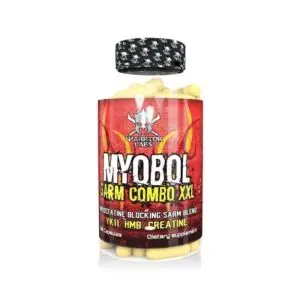

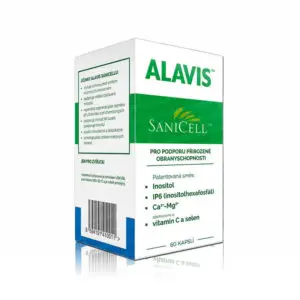
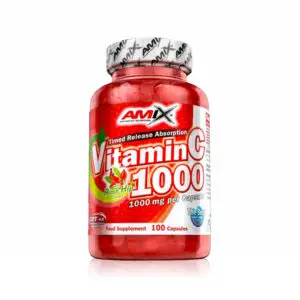
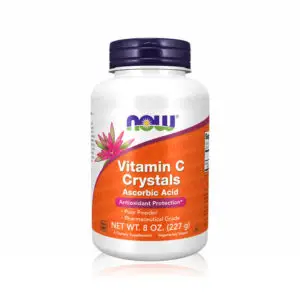
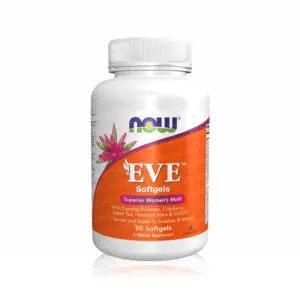
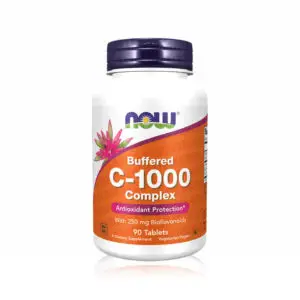
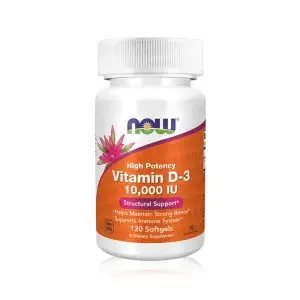
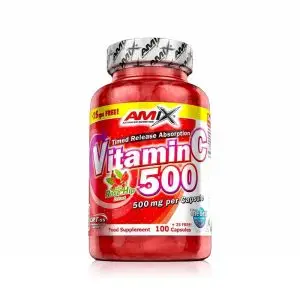
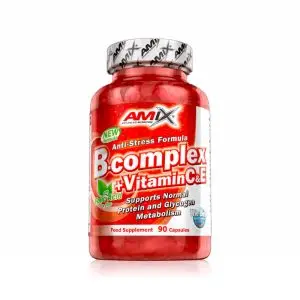
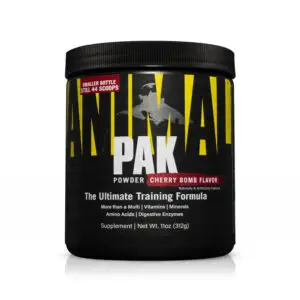
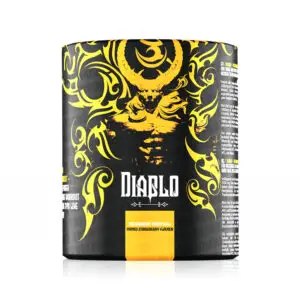
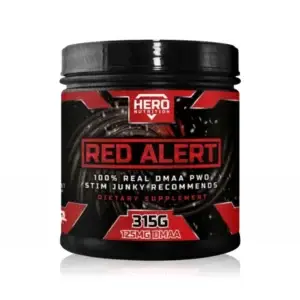
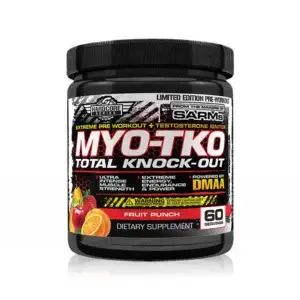
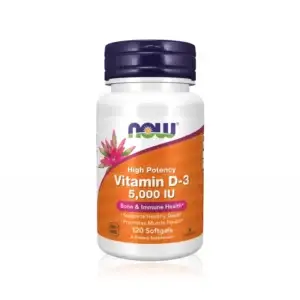
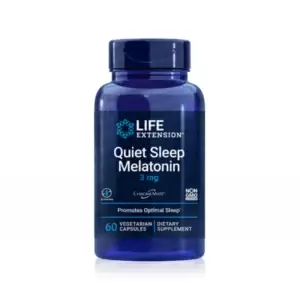
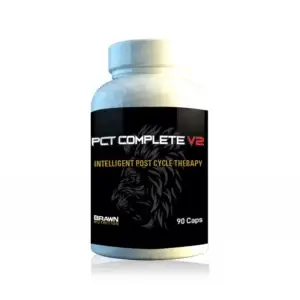
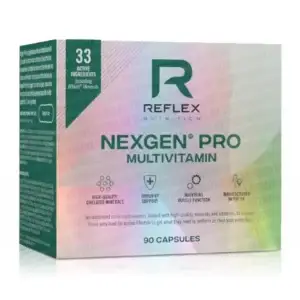
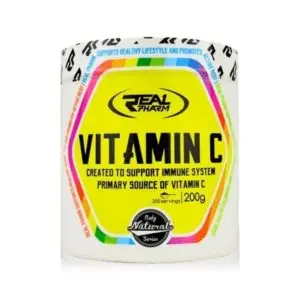
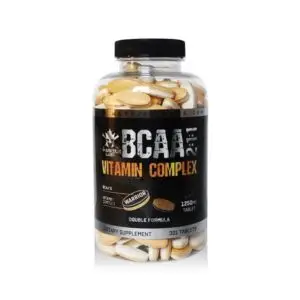
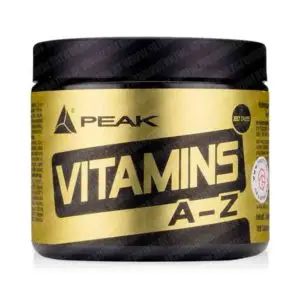
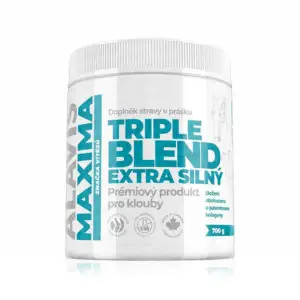
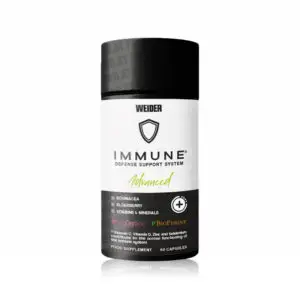
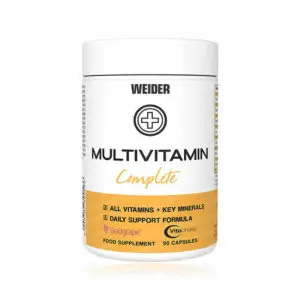
Vitamin A plays an important role in a healthy immune system as it supports both the innate and acquired immune system. It helps to maintain healthy skin and mucous membranes, which serve as the first barrier against pathogens. The German Nutrition Society recommends a daily intake of 0.8 milligrams for women and 1 milligram for men, which is equivalent to 700 µg-RAE for women and 800 µg-RAE for men. Vitamin A can be found in foods such as celery, lamb's lettuce and kale. Consuming these foods strengthens the body's defenses and reduces the risk of infection.
Vitamin D is essential for immune defense, as it is involved in numerous immunological processes and contributes to the activation of specific immune cells. The body produces vitamin D through the skin with the help of sunlight, which makes it difficult to obtain an adequate supply from food alone. Especially in winter, when there is less sunlight available, many people suffer from a vitamin D deficiency. This is why taking supplements during the darker months of the year can be crucial. Vitamin D regulates the immune response and plays an essential role in the immune system, helping to prevent colds and other flu-like infections. A strong immune system is our best protection against new infections.
A strong immune system is essential to protect the body from diseases and infections. In addition to a balanced diet, sufficient sleep and avoiding stress, certain minerals play a crucial role in supporting the immune system. Two particularly influential minerals are zinc and selenium. Both contribute in different ways to strengthening the body's defenses and maintaining its functionality. In the following sections you will learn more about the importance of these two minerals and how you can integrate them into your daily diet.
Zinc is a vital trace element that is essential for numerous functions in the body. It plays a central role in growth, wound healing and immune defense. In our body, zinc is found in various tissues, including hair, skin, bones, eyes and the liver. It is essential for both cellular and humoral immune defense. Sufficient zinc levels support the body's own defense system and can reduce the risk of infections.
The recommended daily zinc intake varies depending on the phytate intake. Women should consume between 7 and 10 mg of zinc daily, while the recommended intake for men is 11 to 16 mg. Zinc is found in a variety of foods such as nuts, seeds and seafood. These foods not only cover your zinc requirements, but also add healthy variety to your diet. Zinc and vitamin C are of central importance for a strong immune system, as together they help to strengthen the body's defenses.
Selenium is another essential trace element that fulfills an important function in the immune system. It plays a crucial role in the formation and multiplication of important cells that are responsible for the defense against diseases. In addition, selenium protects the body's cells from the harmful effects of free radicals, which can occur as a result of oxidative stress.
The daily selenium requirement for women is around 60 µg, while men need around 70 µg per day. A balanced selenium balance can be achieved by eating Brazil nuts, fish and wholegrain products. Together with zinc, selenium is considered particularly important for a strong immune system. Both minerals support each other and their combined effect can help to reduce the risk of disease and improve the body's own defense mechanisms.
Integrating zinc and selenium into your diet is therefore crucial for maintaining a healthy and strong immune system. By making sure you have an adequate supply of these minerals, you can support your immune system and prevent illness.
A balanced diet is the key to a healthy immune system as it provides a variety of essential vitamins and minerals. The most important of these nutrients include vitamins A, C, D and E as well as the B vitamins. Equally important are minerals such as zinc, selenium, copper and iron. These components play a central role in maintaining a strong immune system. However, even with a healthy diet, it can happen that the body is not always sufficiently supplied with these important nutrients. This is where dietary supplements come into play. They help to compensate for potential vitamin deficiencies. The combination of zinc and vitamin C in particular is known to reduce susceptibility to infections. In addition, bioactive plant extracts, vitamin and mineral combinations in specific nutritional supplements such as Orthomol i-CAre provide valuable support for the body's defenses.
The synergistic effect of vitamins and minerals is crucial for supporting and regulating the immune system. The combination of zinc and vitamin C in particular shows remarkable effects in reducing susceptibility to infections and treating acute colds. These two nutrients complement each other and reinforce their positive effect on the immune system.
Another example of an effective synergy is the combination of zinc and vitamin D. These two nutrients are crucial for immune function and help to regulate the immune response. Zinc plays an important role in strengthening the body's defenses, while vitamin D activates the immune cells.
A balanced intake of other trace elements such as selenium, copper and iron is also essential to maintain the immune defense. These elements contribute to the activation of enzymes and proteins that are necessary for the immune response.
To effectively support the immune system, dietary supplements containing a combination of these vitamins and minerals are a particularly valuable addition. Such combinations can be particularly useful during colds and when there are signs of vitamin deficiency. Taking them can help to strengthen the body's natural defenses and increase resistance to flu-like infections.
A strong immune system is essential for defending against pathogens and maintaining health, especially during the cold season. Several factors, such as diet, exercise and stress management, play an important role in strengthening the body's defenses. A balanced diet rich in fresh fruit and vegetables provides the body with important vitamins and minerals. A healthy gut, supported by fiber and probiotic foods, also contributes to a healthy immune system. Regular exercise in the fresh air is crucial to strengthen the body's defenses. Another key factor is dealing with stress. Relaxation techniques such as yoga or progressive muscle relaxation can help to reduce chronic stress. Finally, adequate hydration is important to keep the mucous membranes moist and support the immune system.
A sufficient supply of vitamins and minerals is essential for a strong immune system. Vitamin C in particular, which is found in broccoli, peppers and oranges, is important as it promotes the formation of white blood cells. Women should consume 95 milligrams and men 110 milligrams a day. Vitamin A, found in vegetables such as celery and kale, also contributes to the health of the immune system; women should consume 0.8 milligrams and men 1 milligram daily. Zinc is an essential trace element found in wheat germ and beef; the daily requirement is 7-10 mg for women and 11-16 mg for men, depending on phytate intake. Vitamin E, which is recommended in amounts of 11 to 12 milligrams for women and 12 to 15 milligrams for men, is also important for strengthening the immune system. A balanced intake of these nutrients can help prevent flu-like infections.
A balanced diet is the key to a healthy immune system. Fresh fruit, vegetables, wholegrain products and healthy fats provide essential nutrients that are necessary for immune function. Vitamin C in particular plays a crucial role as it supports the formation of white blood cells, which form the basis of our innate immune system. Trace elements such as zinc and selenium strengthen the body's defenses; zinc is essential for the immune response, while selenium protects cells from free radicals. Another important vitamin is vitamin D, which is mainly synthesized by sunlight. A deficiency of this can lead to a weak immune system, which is why regular sun exposure is recommended. Maintaining healthy intestinal flora is also crucial. Fermented foods support intestinal health and therefore the immune system. Such a diet can not only protect against flu-like infections, but also strengthen the body's general resistance.
A strong immune system is crucial for our protection against diseases and infections. Certain vitamins play a particularly important role in this.
Essential vitamins:
In addition to vitamins, trace elements such as zinc and selenium are essential. They protect against free radicals and support the immune system.
Tips for optimal care:
Recommended source of micronutrients:
| Vitamin/Elements | Food examples |
| Vitamin C | Citrus fruits, peppers, broccoli |
| Vitamin D | Oily fish, fortified dairy products |
| Zinc | Meat, dairy products, whole grains |
| Selenium | Brazil nuts, fish, eggs |
These vitamins and minerals contribute to a healthy immune system and protect you from flu-like infections and re-infections.
Share with:
Related articles

Essential amino acids (EAAs), as opposed to the more familiar branched-chain amino acids (BCAAs), provide a more complete profile of required nutrients, which is what

Creatine occupies a special place in the world of dietary supplements, known for its ability to boost athletic performance. While
About
FATBURNERKING


© copyright 2018-2025 Fatburnerking.at
| Cookie | Duration | Description |
|---|---|---|
| cookielawinfo-checkbox-advertisement | 1 year | This cookie is set by the GDPR Cookie Consent Plugin and is used to record the user's consent for the cookies in the "Advertising" category. |
| cookielawinfo-checkbox-analytics | 11 months | This cookie is set by GDPR Cookie. The cookie is used to store user consent for cookies in the "Analytics" category. |
| cookielawinfo-checkbox-functional | 11 months | The cookie is set based on the consent of the GDPR cookies to record the user's consent for cookies in the "Functional" category. |
| cookielawinfo-checkbox-necessary | 11 months | This cookie is set by GDPR Cookie. Cookies are used to store the user's consent to the storage of cookies in the "Necessary" category. |
| cookielawinfo-checkbox-others | 11 months | This cookie is set by GDPR Cookie. The cookie is used to store the user's consent for cookies in the "Other" category. |
| cookielawinfo-checkbox-performance | 11 months | This cookie is set by GDPR Cookie. The cookie is used to store user consent for cookies in the "Performance" category. |
| CookieLawInfoConsent | 1 year | Records the default button status of the corresponding category and the status of CCPA. It only works in coordination with the primary cookie. |
| elementor | never | This cookie is used by the website's WordPress theme. It allows the website owner to implement or change the content of the website in real time. |
| viewed_cookie_policy | 11 months | The cookie is set by the GDPR cookie and is used to store whether the user has consented to the use of cookies or not. It does not store any personal data. |
| Cookie | Duration | Description |
|---|---|---|
| ssupp.vid | 6 months | Cookie set by Smartsupp to record the visitor ID. |
| ssupp.visits | 6 months | Cookie set by Smartsupp to record the number of previous visits, necessary to track automatic messages. |
| Cookie | Duration | Description |
|---|---|---|
| _ga | 2 years | The _ga cookie installed by Google Analytics calculates visitor, session and campaign data and also tracks website usage for the website analytics report. The cookie stores information anonymously and assigns a randomly generated number to identify unique visitors. |
| _gat_gtag_UA_179465762_1 | 1 minute | Set by Google to distinguish users. |
| _gid | 1 day | The _gid cookie installed by Google Analytics stores information about how visitors use a website and at the same time creates an analytics report about the website's performance. Some of the data collected includes the number of visitors, their source and the pages they visit anonymously. |
| tk_ai | 5 years | JetPack sets this cookie to store a randomly generated anonymous ID that is only used in the administration area and for general analytics tracking. |
| tk_lr | 1 year | The tk_lr is a referral cookie set by the JetPack plug-in on websites using WooCommerce that analyses referral behaviour for Jetpack. |
| tk_or | 5 years | The tk_or is a referral cookie set by the JetPack plug-in on websites using WooCommerce that analyses referral behaviour for Jetpack. |
| tk_qs | 30 minutes | JetPack sets this cookie to store a randomly generated anonymous ID that is only used in the administration area and for general analytics tracking. |
| tk_r3d | 3 days | JetPack installs this cookie to collect internal metrics for user activity to improve the user experience. |
| tk_tc | Session | JetPack sets this cookie to record details of how users use the website. |
| Cookie | Duration | Description |
|---|---|---|
| _fbp | 3 months | This cookie is set by Facebook to display ads after visiting the website, either on Facebook or on a digital platform powered by Facebook Ads. |
| fr | 3 months | Facebook sets this cookie to display relevant ads to users by tracking user behaviour on the web, on websites with Facebook Pixel or Facebook Social Plug-in. |
| Cookie | Duration | Description |
|---|---|---|
| cookies.js | Session | No description available. |
| weglot_wp_rocket_cache | Session | No description |